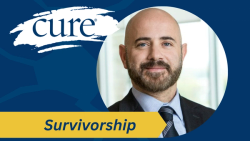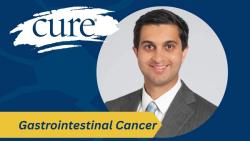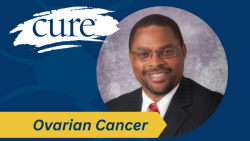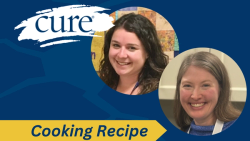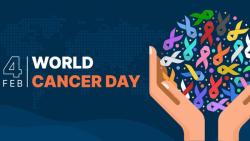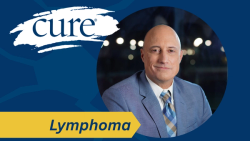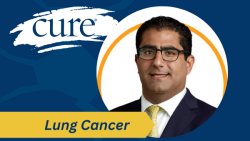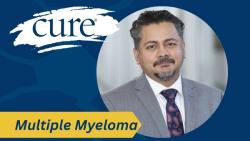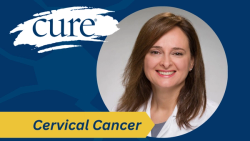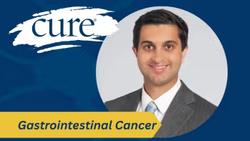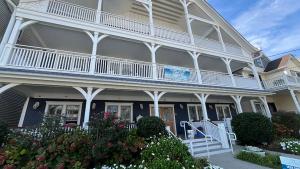What to Expect With a Stem Cell Transplant for Leukemia
Dr. Partow Kebriaei explains what patients can expect before, during and after an allogeneic stem cell transplant to treat acute lymphoblastic leukemia.
Allogeneic stem cell transplant is an effective treatment method for patients with acute lymphoblastic leukemia (ALL), although patients do need to live or relocate close to their treatment center and have social support at home, explained Dr. Partow Kebriaei, professor in the Department of Stem Cell Transplant and Cellular Therapy at The University of Texas MD Anderson Cancer Center.
At the Society of Hematologic Oncology (SOHO) 2024 Annual Meeting, Kebriaei discussed what patients with ALL can expect before, during and after an allogeneic stem cell transplant, which is when the patient is infused with healthy cells from a donor.
Transcript:
The No. 1, most important point is, when someone is diagnosed with ALL, [their care] needs to be a partnership with a transplant physician. So we will go ahead and identify a donor, and communicate and discuss with the transplant and leukemia doctor, and monitor that early response to induction therapy. Because if the patient doesn't clear their [minimal residual disease (MRD); small traces of cancer in the body after treatment] as we expect, then we want to be ready fairly quickly to go forward with transplant. So things that are required of your center to have a good outcome is very good communication between your transplant team and your leukemia physician. That's number one.
Then once we've identified a donor, again, we're monitoring closely if the patient becomes MRD-positive, or we find a genetic subtype that warrants transplant, we meet with the patient … I think for a successful transplant, we also have to think about the caretaker and the support group that the patient has, because it is an intense therapy. It's short — it's about 100 days of very intensive treatment and monitoring — but during that time, it's important for the patient to have good support. Often, patients may need to relocate, and so you want to have appropriate support and housing where you are, and then you want to be able to continue to have fairly close follow-up with your transplant physician, at least for the first two years after transplant. As we start to talk about maintenance therapies following transplant, that also then requires closer collaboration with the transplant unit or the transplant team.
For more news on cancer updates, research and education, don’t forget to subscribe to CURE®’s newsletters here.
Related Content
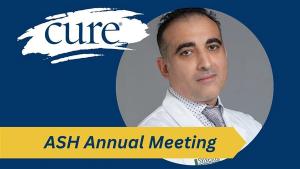 What Does Minimal Residual Disease Mean?
What Does Minimal Residual Disease Mean?December 11th 2025
 Expert Shares Advice for Navigating a New Lung Cancer Diagnosis
Expert Shares Advice for Navigating a New Lung Cancer DiagnosisNovember 27th 2025
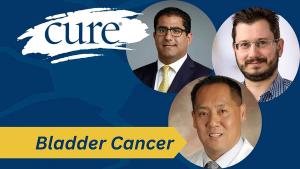 Experts Discuss Next Steps in Perioperative Bladder Cancer Treatment
Experts Discuss Next Steps in Perioperative Bladder Cancer TreatmentNovember 11th 2025
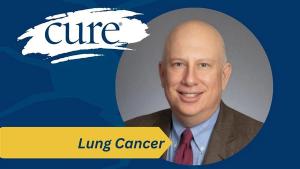 What Is the Difference Between a Clinical Trial and a Real-World Study?
What Is the Difference Between a Clinical Trial and a Real-World Study?September 27th 2025
 Understanding Head and Neck Cancer: A Guide for Newly Diagnosed Patients
Understanding Head and Neck Cancer: A Guide for Newly Diagnosed PatientsSeptember 12th 2025
View additional resources on CureToday.com


